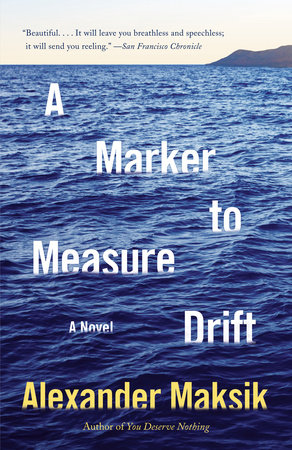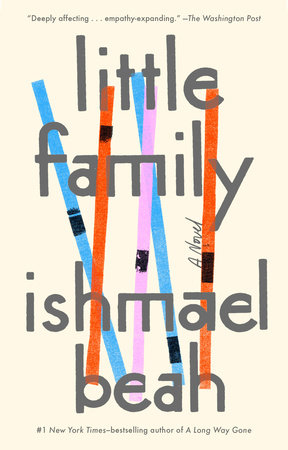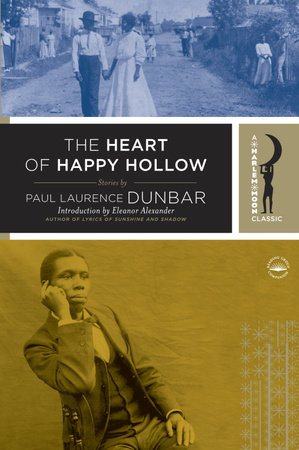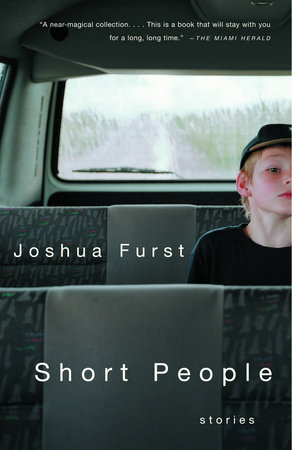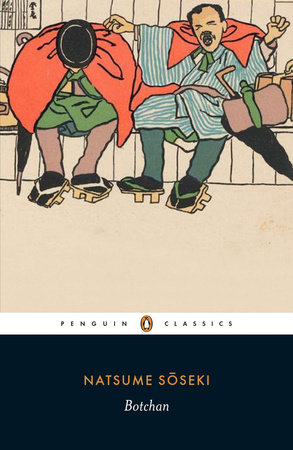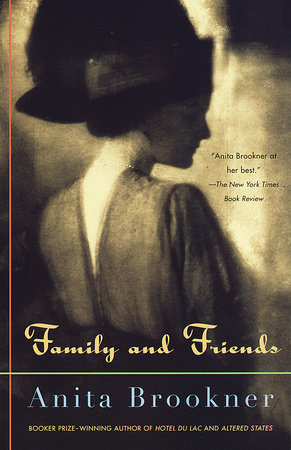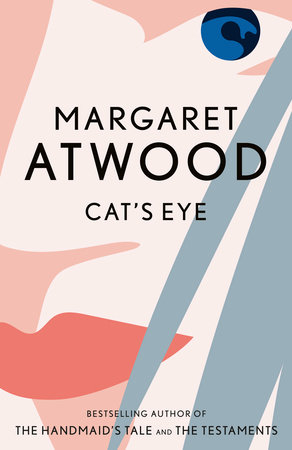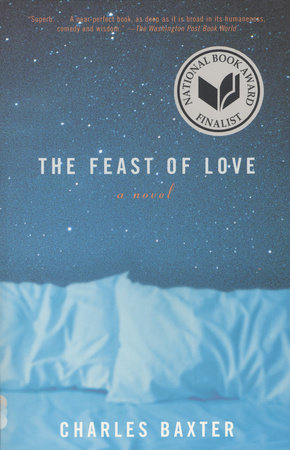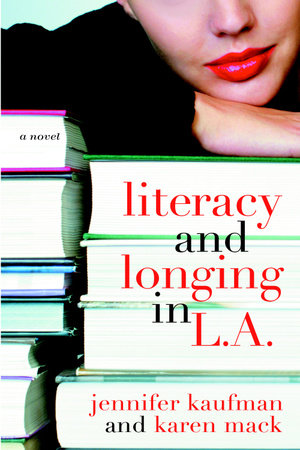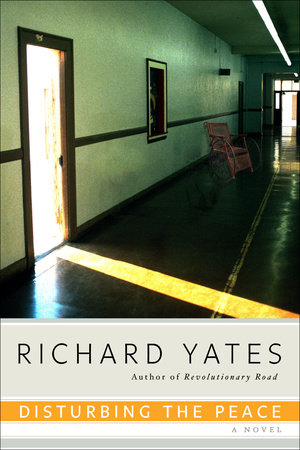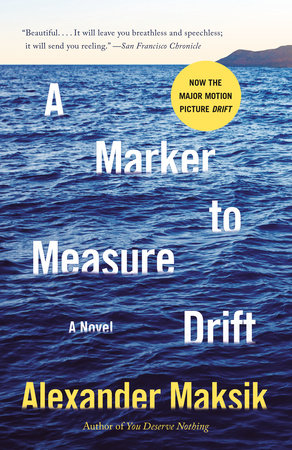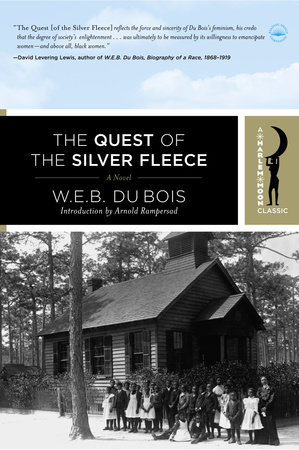Author Q&A
Q: A MARKER TO MEASURE DRIFT opens on a young woman—Jacqueline—alone, hungry, destitute. We don’t know the details of her journey, yet we come upon her in this dark moment. Is that how you first met her, conceived of her? How did this story begin for you?
A: I was living in Paris, but was spending a lot of time in a small village in the north of Italy where my girlfriend was studying. In the mornings when she was in class, I’d sit in the sun on the steps of the town’s palace where I could look out over the gardens and work. One morning a thin black man wheeled his bicycle through the gates. He sat on a bench beneath a tree and lit a cigarette. I’m not sure what it was exactly, but I couldn’t stop watching him – he had a certain elegance and poise, the way he smoked, the way he appeared so unhurried, the way he rested his elbow on the seat of his bike. Anyway, after an hour or so he stood up and left. Over the course of that week I’d see him each morning and we’d nod to each other. I’d not seen a black person in the whole region, let alone this village and I couldn’t stop imagining how he’d come to be there, what his life might be like, what it had been before.
For all I knew he was a tourist like me, or he was born there, or was a surgeon working at a nearby hospital. But whatever his story, somehow the novel began to crystalize with him.
It’s strange the way Jacqueline came to me. At first I was writing a male character from Senegal. I couldn’t quite get the feel of him – he remained vague as a character and I felt no real enthusiasm for him. Then by chance I read an article about Liberia and somehow decided to try writing a Liberian woman. I don’t fully understand it myself. I just know that as soon as I started something clicked, and I had her – she was so present in my mind. So alive. The story itself took more time, but her character arrived suddenly. I’m not sure exactly where she came from. It was an odd thing. Wonderful too.
Q: The novel comes to us squarely from Jacqueline, her often painful experience of the present and the memories that slip out from her past. What were the challenges (and maybe the joys?) of inhabiting a character so deeply, connecting with life experiences quite different from your own? Were there any surprises along the way?
A: The strange thing is that this novel feels more personal than anything I’ve ever written. I’m put off by writers who have contempt for their characters. It’s so much easier to do that kind of work – to create characters with the intention of mocking and destroying them. The best writing is an act of compassion and I knew that the only way to approach a character so far from my own experience was to try to love her. And so the surprise, the real joy, was that I fell in love with Jacqueline, and that I was capable of doing so. I thought about her constantly. I missed her when I wasn’t writing. I worried about her as I fell asleep. I often woke in the middle of the night and saw her wherever I’d left her – on a beach, on a bench, on a path. I’d lie awake trying to figure out where she’d go next, which is precisely what Jacqueline was doing herself. So there was this strange fusion of experiences, those
in my imagination and those I imagined for her.
Q: Jacqueline is from Liberia. Through flashbacks her early life is revealed, both her personal past and the larger political and social realities of the region. What sort of research did you do to prepare for this aspect of the novel?
A: When I was just starting to write the book I watched a film called Liberia: An Uncivil War. I found it deeply moving. A few months later I was a writer-in-residence on a farm in the Estonian countryside. I had the film with me and I watched it over and over again. Some of the images are hideous and brutal. Seeing them repeatedly in this picturesque, pastoral setting was an odd and formative experience. In an oblique way, I think it was the act of watching those images in the midst of so much beauty that helped me figure out the way Jacqueline would shift so fluidly between her present life on Santorini and the life of her memories. And then there was Helene Cooper’s memoir The House on Sugar Beach; Ellen Sirleaf’s book; other films; articles from all variety of newspapers; histories; UN reports on Charles Taylor; BBC recordings; and Tim Hetherington’s exquisite book of photographs, Long Story Bit by Bit: Liberia Retold.
Q: The current day setting of A Marker to Measure Drift is Greece, which is beautifully, luxuriously described, both the people and the landscape. Why did you choose Greece? Have you been there, know it well?
A: I wanted Jacqueline to wash up on an idyllic island – someplace at once pristine and haunting. I’ve spent a lot of time in Greece and on Santorini in particular. Oia, the small village at the northern tip is perhaps the most beautiful place I’ve ever been – a kind of beauty that is shocking and overwhelming, almost painful. The history of the island is fascinating to me – particularly the geological history. I love that the island was first created because of a volcanic eruption, and then blasted apart by another. I’ve always found that to be a wonderful thing – that all of those prized views, the dramatic cliffs are there because of a disaster. There’s always the threat there of another eruption. I wanted Jacqueline to be confronted with that strange beauty, with the impermanence of the place and the constant threat of catastrophe.
Q: Physical pleasures are also carefully and sensually described: a sip of water after deep thirst, sleep in a moment of peace and safety, a bite of salted meat after days of hunger. Did you alter your outlook to capture the heightened senses of someone long been deprived, and if so how? Or did it come naturally?
A: I knew that I wanted to write a kind of sensual novel with as little authorial intrusion as possible, to close the distance between reader and character so that Jacqueline’s immediate physical experience might also be the reader’s. It seemed the only way to do that would be to focus intensely on sensual detail. I tend to approach all writing this way – with a concentration on the sensate. I’m far more interested in living this way as well – I am happiest, most awake when I’m eating, or swimming, or watching a storm. I’m particularly alert to the physical world. I’m not an intellectual, nor an academic. I probably should have been a lifeguard instead of a writer. But writing this novel forced me to focus on what I’ve come to think of as sensual intelligence. And it forced me to pay very careful attention to hunger and thirst and fatigue and changing light and all the rest.
Q: As we watch Jacqueline propelled across the Greek isles, we are also slowly introduced to her family—powerful father, beloved baby sister, glamorous mom. With nothing to go on but Jacqueline’s often jumbled impressions, the book looks at the painful interplay between memory and madness. Can you talk a bit about exploring this intersection?
A: I wanted to tell the story as naturally as possible – in the way that the story might unfold for Jacqueline herself. There is her present life. There are her immediate problems – where to sleep, what to eat, where to wash. But there is also memory and because she’s constantly alone and isolated, those memories, and particularly those individuals she remembers so clearly, come to feel real. I’ve spent a great deal of time alone in my life and when I do I’m often struck by how quickly I fall into a sort of conversation with myself. This may make me sound mad, but the longer I spend alone the more moment seems to blend with memory. The dead come back to you, the world seems sharper, old friends appear. After a while it becomes difficult to distinguish between memory and present life. Finally, I think, the novel is about that very interplay between those two modes of existence and the importance of storytelling as a way to maintain one’s sanity.
Q: Can you tell us about the title, A MARKER TO MEASURE DRIFT, and why you chose it?
A: When I was young my parents would take me to the beach. While they sat on the sand I’d swim in the ocean. We always brought a little red and white cooler with us for sandwiches and drinks. I’d keep an eye on that cooler as I was swimming and use it as a way to measure how far I’d drifted in the current – it was a marker to measure drift. I think of Jacqueline searching for a solid, permanent home from which she can measure how far she’s drifted. Of course, I mean this in various ways.
Q: Who are some of your favorite writers?
A: In no particular order: Faulkner, Wislawa Szymborska, James Salter, Mavis Gallant, J.M. Coetzee, Mary Gaitskill, Hemingway, Chris Abani, Claire Messud, Chekhov, WS Merwin, Richard Hugo, Kafka, Flaubert, Sharon Olds. I always get tripped up on this question. I forget half the people I love.
Q: What are you working on now?
A: I’m just finishing a collection of short stories. And I’m about to head off into the woods for a few months to work on my next novel. Very generally it’s a story about the importance of fantasy and the hereditary nature of mental illness. That’s all I want to say for the time being. I’m superstitious.
